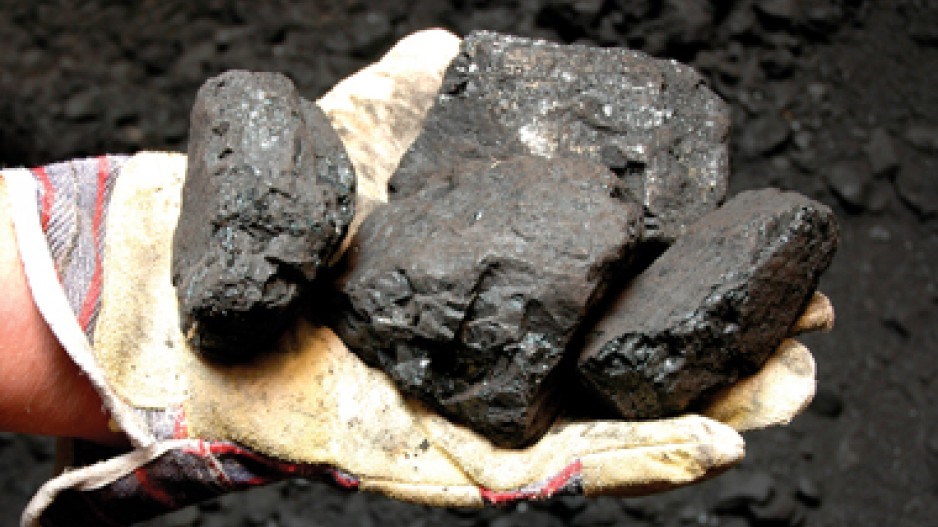In August 2016, exports of metallurgical coal through Prince Rupert’s Ridley Terminals totalled zero.
One year later, the Prince Rupert Port Authority reported exports of metallurgical (“met”) coal had increased 1,341% in 2017’s first eight months compared with the same period in 2016: to 2,379,698 tonnes from 165,141.
Since November 2016, per-tonne met coal prices have spiked three times, twice going above US$300 and once going above US$200.
According to the Chartered Professional Accountants of British Columbia, B.C. coal exports totalled $3.6 billion in 2017’s first half – a 163% increase over the same period in 2016.
Which might explain some of the optimism expressed by Neil Bristow, a coal and steel analyst, at last week’s annual Coal Association of Canada conference in Vancouver.
“These are the good times,” he said.
However, those good times apply only to steel and the metallurgical coal used to make it, not to thermal coal, which is used to produce power.
How long the good times will last for steel and met coal producers depends on a host of global factors, several speakers at the conference said, and how much B.C. will benefit from improved prices and demand will depend on things like new mines being built in Australia.
“I think they’re going to last for a few years,” said Bristow, managing consultant for H&W Worldwide Consulting.
Metallurgical coal is one of B.C.’s most important exports. It’s an industry that has come through a half-decade-long contraction that saw coal companies go bankrupt and coal mines close – including three in B.C. owned by the now-bankrupt Walter Energy.
Two of them reopened last year when Conuma Coal Resources Ltd. bought the three idled Walter Energy mines, which explains how steelmaking coal exports through Ridley Terminals went from nothing in August 2016 to 294,125 tonnes in August 2017.
Long-term, Jose Alfaro, president of Rio Fuerte Ventures, predicts met coal prices will be in the US$125 to US$165 per tonne range.
Throughout the downturn, Teck Resources (TSX:TCK.B) managed to keep its B.C. met coal mines in operation, but it put a greenfield project – the Quintette project near Tumbler Ridge – on the back burner.
Global economic growth has a lot to do with steel demand, and Bristow said things are looking fairly bright, with first-half GDP growth higher than expected both in China (6.9%) and globally (3.6%).
He added the outlook for the global economy is looking good out to 2020.
There are risks, however. Bristow said high government debt, underperformance by India, and environmentalists’ opposition to thermal coal spreading to metallurgical coal are among those risks.
“The average greenie doesn’t understand the difference between the two,” he said. •




